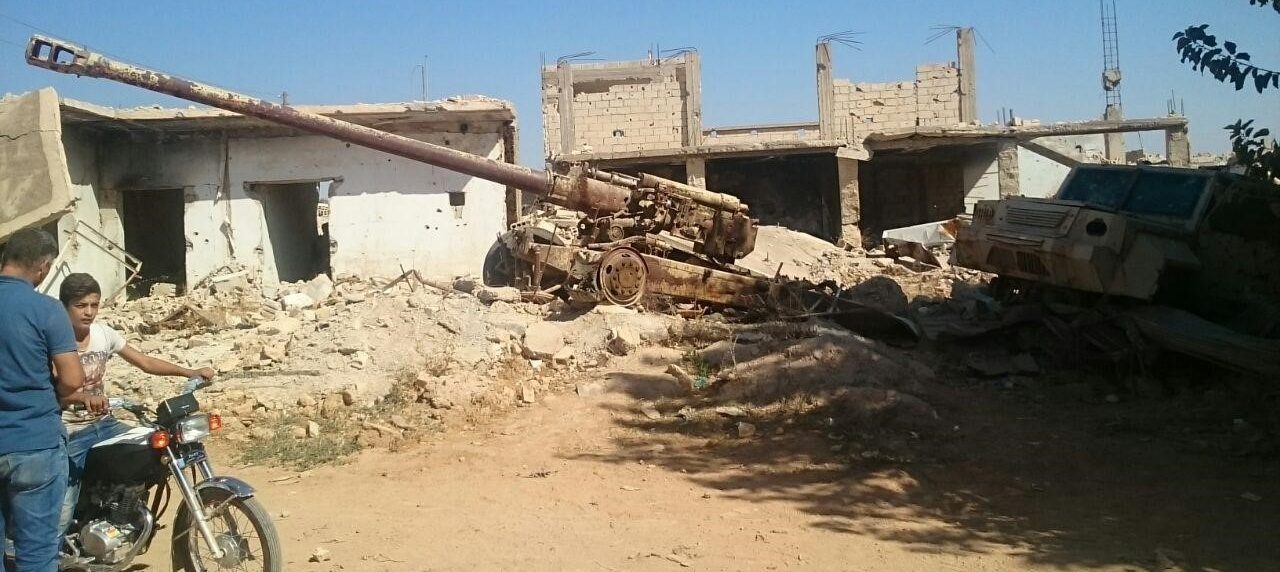
Kobanî (also Kobanê, Arabic: كوباني, Classical Syriac: ܟܘܒܐܢܝ), officially Ayn al-Arab, is a city in the Kobani region of the Democratic Federation of Northern Syria. It lies on the border with Turkey.
Kobani was the place where the Rojava Revolution was first declared on 19 July, 2012.
In 2014, it was declared the administrative centre of the Democratic Federation of Northern Syria. It is in the Kobani Canton, which forms part of the Euphrates Region.
From September 2014 to January 2015, the city was under siege by Daesh [Islamic State of Iraq and the Levant]. Most of the city was destroyed and most of the population fled to Turkey. In 2015, the city was liberated by the People’s Protection Forces (YPG), despite most of the world expecting it to fall. Kobani is sometimes called “The Kurdish Stalingrad” because of this. Many of the refugees returned after the liberation and reconstruction began. Part of the city remains in rubble as an open air museum.
Prior to the Syrian Civil War, Kobanî was recorded as having a population of close to 45,000. The majority of inhabitants were Kurds, with Arab, Turkmen, and Armenian minorities.
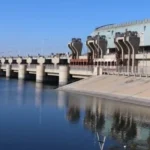
The policies of the Turkish occupation have caused severe damage to electricity production in the North and East Syria region, with electricity output dropping by more than 90 percent as a result of the direct targeting of power generation stations, in addition to the reduction of water inflows into the Euphrates River.
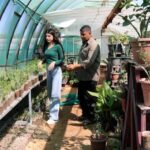
KOBANI, Syria (North Press) – An official of the Autonomous Administration of North and East Syria (AANES) said on Monday that preparations are underway to open an environmental analysis laboratory in the city of Kobani, northern Syria, to monitor and address pollution. Ahin Hussein, head of the Laboratories Department at the Kobani Environment Board, told North
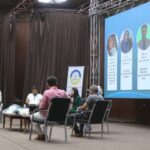
A water forum was launched on Sunday in the city of Hasakah, organized by the Union of Municipalities in North and East Syria, with the participation of academics, experts, and representatives of specialized institutions, coinciding with World Water Week.
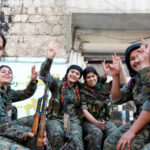
19 July 2025 marked the 13th anniversary of the Rojava Revolution.
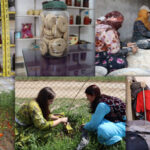
Kongra Star continues to develop projects and establish cooperatives in northeastern Syria to promote women’s economic empowerment.
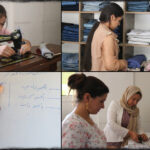
The Economy Committee of the Kongra Star have put many projects into practice in Kobanê Canton to promote women’s economic empowerment. 150 women have participated in the labor force thanks to these projects.
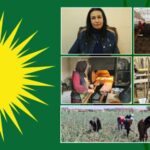
Women in Rojava improve economy Pointing out that the women have improved the economy in Rojava, Armanc Mihemed, executive of the Economy Committee of Kongra Star, said that they have achieved significant successes by realizing many projects.
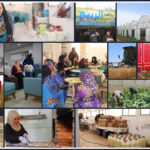
Despite the simple capabilities under the capitalist economy, and the constant attacks of the occupier on the regions of northeast and Syria, the economic toil of women has bore fruit to good results during 2020, as they played a leading role in easing the economic crisis that the region suffer from.
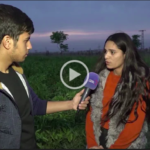
Young people in Kobanê are ensuring the economic autonomy of their community through cooperatives being grown to feed needy people.
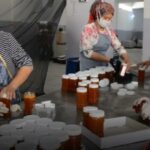
The Kurdish-led Autonomous Administration in northeast Syria announced on Thursday the inauguration of the first foodstuff factory in the country’s northern town of Kobani.
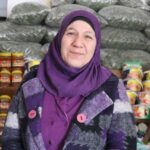
A project called “Women’s Will (Vîna Jinan)” carried out in Kobanî provides job opportunities for women, who couldn’t go to school. Kobanî Women's Committee Spokesperson Cemila Faris spoke to NuJINHA about their project.
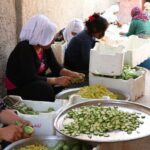
House of Supplies or "Vina Jin" is considered one of the most important economic projects that help women - working in the project in particular, and women employed in the city of Kobani, in northern Syria in general - to enable them economically.













